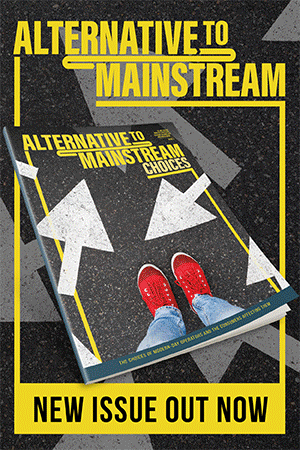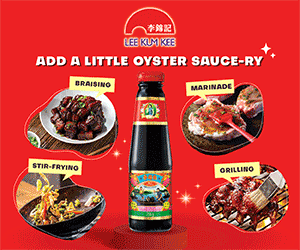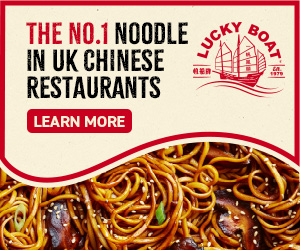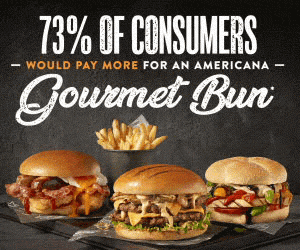Just Eat reveals £3.5bn 'K-Wave' food boom
Research revealed by Just Eat believes that Korean food and products are set to boost the UK economy by £3.5bn

Ahead of the return of the iconic TV show Squid Game to Netflix, new research from Just Eat reveals the nation is riding a ‘K-Wave’ boom for Korean food and products worth a staggering £3.5 billion.
Of this spending, beauty and fashion accounts for 42%, with food accounting for the remaining 58%, according to consultancy Development Economics.
The spending boom comes as powerhouses like the zombie-fuelled teen series, All of Us Are Dead, and K-Pop bands, such as BTS and Blackpink, capture the cultural zeitgeist in the UK.
According to Just Eat’s survey of 2,000 people by OnePoll, nearly half of Brits (47%) are seeking Korean goods, with one in five saying they now eat East Asian food at least once a month.
Consumers say they’ve been influenced by: Entertainment icons: 53% have been motivated by Korean music and TV; Social media trends: 35% are inspired by trending food and beauty products; and Health benefits: 30% are drawn to the cuisine’s wellness appeal.
Food fuels the ‘K-Wave’
For much of the UK, the ‘K-Wave’ also represents an untapped market, with 47% expressing a desire for more Korean food options in their local area and 46% interested in learning more about the culture.
There’s even a burgeoning market with the Boomer generation, with one in five of those aged 65 years and above having spent money on East Asian inspired food and ingredients.
London leads regional interest, with residents spending an estimated £1.18 billion on Korean products annually — nearly 34% of the national total. Northern Ireland and Scotland follow closely behind the capital, reflecting a UK-wide trend of spending power for exports from the peninsular region.
For restaurants and other food outlets, there’s plenty of room to innovate. Korean staples like kimchi and fried chicken, recognised by 41% and 32% of Brits respectively, are already well-established, but other traditional dishes – such as bibimbap (14%), bulgogi (10%), and japchae (8%), remain virtually unknown.

















